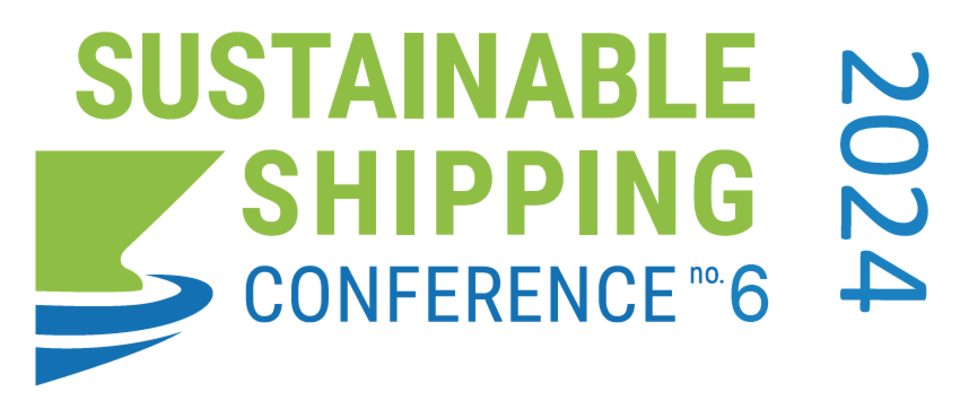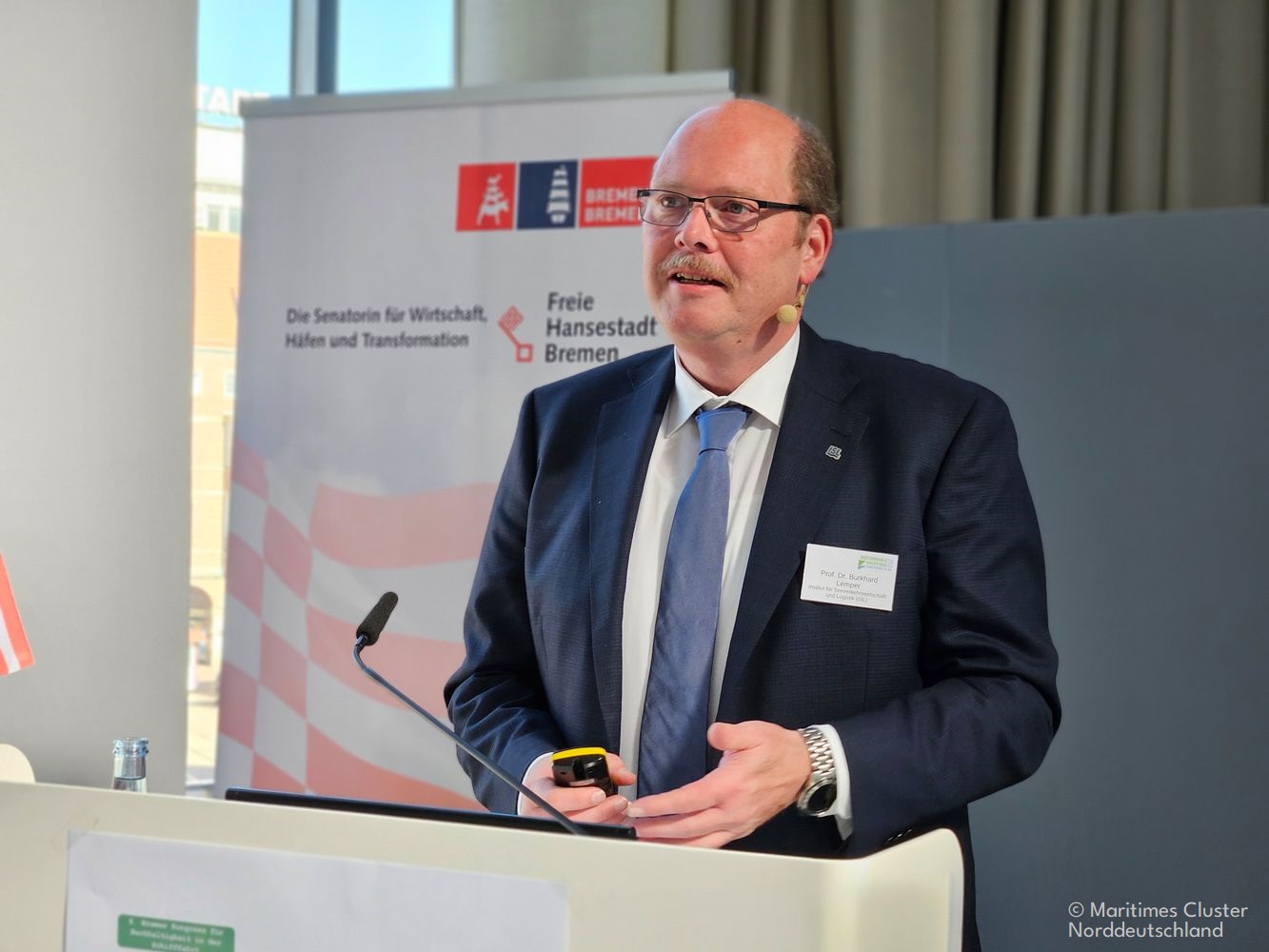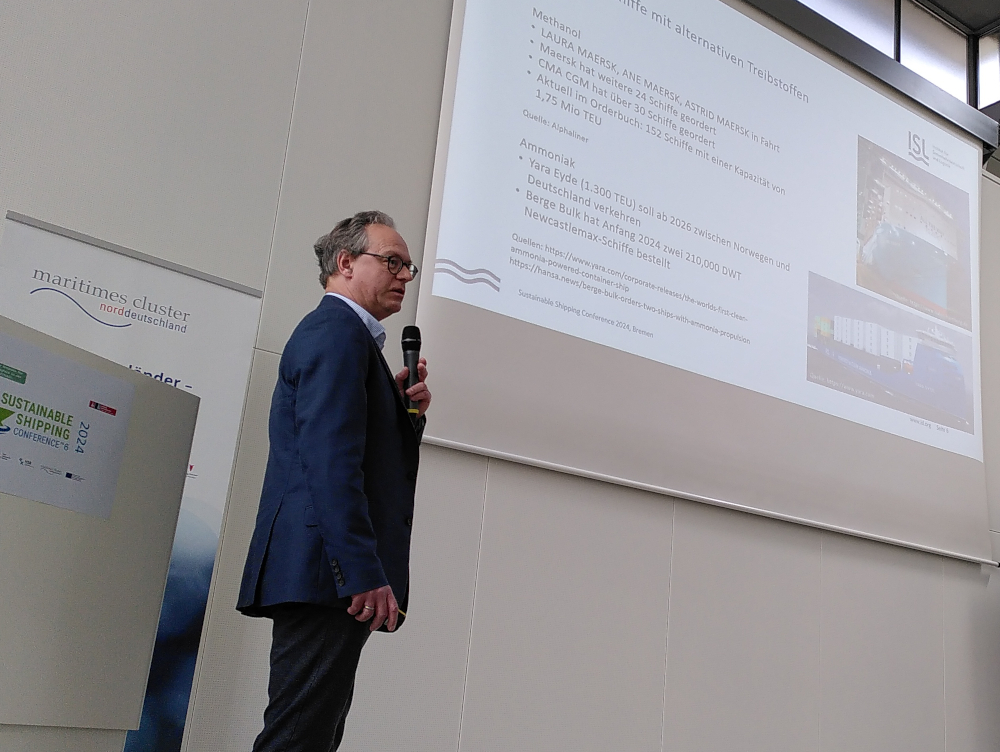ISL at the Sustainable Shipping Conference 2024
Once again this year, the Senator for Economics, Ports and Transformation of the Free Hanseatic City of Bremen, together with Bremen University of Applied Sciences, the Maritime Cluster Northern Germany and other partners, organised a specialist maritime forum with national and international speakers.
In view of the international agreement by the shipping industry to become climate-neutral by 2050, the 6th Bremen Congress for Sustainability in Shipping was focussed on alternative fuels and efficient technologies. The forum offered participants direct insights into solutions and ongoing projects for the decarbonisation of shipping as well as the requirements necessary to achieve the climate targets in this sector.
The Institute of Shipping Economics also contributed to the discourse with two presentations.
In addition to the brief assessments of the economic situation of some selected shipping segments as a basis for their ability to invest in sustainable technologies and drives, ISL Managing Director Prof. Dr Lemper also addressed the current status of the implementation of the ambitious decarbonisation targets for shipping in his keynote speech.
It became clear that although there are a number of highly publicised projects, especially by large shipping companies, to save fuel and also to switch to alternative, non-fossil fuels. However, the vast majority of the current fleet and the current order book are not yet prepared for non-fossil fuels. Of the few units (approx. 2% of ships), most still rely on fossil natural gas (LNG), which reduces air pollutants but makes no significant contribution to avoiding greenhouse gases. The latter requires these ships to switch to green methane as a climate-neutral fuel.
ISL Head of Competence Dr Meyer-Larsen delved deeper into this topic in his keynote speech at the "Alternative Fuels" workshop, also discussing the various options for alternative drives and fuels in the future. According to his assessment, there will be no clear preference for a single maritime fuel such as methanol, ammonia or e-methane in the coming years. Rather, due to the limited production capacities for each of these fuels, a variety of different types will coexist. It remains unclear whether one of the fuels will become dominant or exclusive in the long term.
Meyer-Larsen also emphasised interesting potential in the use of wind energy through wind-assisted ship propulsion, in particular through the use of computer-controlled sail surfaces on certain types of ships.





